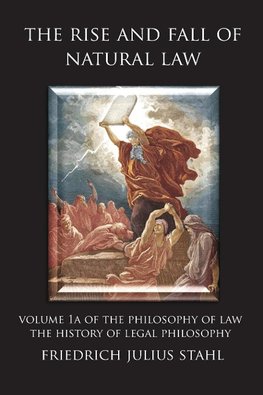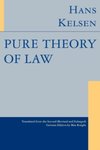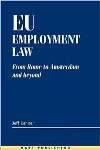
-
 Anglický jazyk
Anglický jazyk
The Rise and Fall of Natural Law
Autor: Friedrich Julius Stahl
Our age is characterized by radical subjectivism. Which is to say: There is no agreement on any absolute standard of value. Indeed, there is no agreement even on truth itself. And as a matter of fact, the very concept of objective, absolute truth has been... Viac o knihe
Na objednávku
21.66 €
bežná cena: 22.80 €
O knihe
Our age is characterized by radical subjectivism. Which is to say: There is no agreement on any absolute standard of value. Indeed, there is no agreement even on truth itself. And as a matter of fact, the very concept of objective, absolute truth has been cast aside in favor of "truths" - your truth, my truth, whoever's truth. The result is the abandonment of the pursuit of truth at all, in favor of convictions, emotional appeals in favor of those convictions, and the pursuit of political power to put those convictions in practice.
This state of affairs will come as no surprise to those, like Friedrich Julius Stahl, who track the way people think, who know that ideas have consequences and that thought eventually feeds into practice. This is especially the case with legal philosophy. Here is where theory and practice confront each other, where the rubber meets the road. And the history of legal philosophy is the history of ideas having consequences.
This history can tell us a great deal about how we arrived at the current state of affairs. When we look at it, we find that the key player in this history is natural law. Once the mainstay of ethical and legal discourse, it is now a forgotten relic. But natural law paved the way for the triumph of subjectivism in the modern world. A strange thing, considering that natural law was supposed to embody an objective standard for judging man-made law. It ended up eliminating that standard. How this came about is the burden of The Rise and Fall of Natural Law.
Natural law was born of the Greeks and Romans, adopted by the Christian church, and converted into the bulwark of Christian ethical and legal science. But along the way it became disengaged from the church; and when it did, it played a central role in secularizing Western civilization.
Stahl follows this career, from its start in classical antiquity, through to its incorporation in the scholasticism of the Middle Ages, to its secularized versions in the Enlightenment, and culminating in the philosophy of Rousseau and the hard reality of the French Revolution. The subjectivist turn is especially emphasized in the work of Johann Gottlieb Fichte, whose focus on enthusiastic conviction and the primacy of the subject makes him the prophet of the modern world. Although Fichte wrote at the turn of the 19th century, it is in our day that his orientation has triumphed. His story, and the stories of those leading up to him - the leading characters in "the Rise and Fall of Natural Law" - are crucial to understanding the genesis of the modern world.
- Vydavateľstvo: WordBridge Publishing
- Rok vydania: 2020
- Formát: Paperback
- Rozmer: 229 x 152 mm
- Jazyk: Anglický jazyk
- ISBN: 9789076660561



 Nemecký jazyk
Nemecký jazyk 








